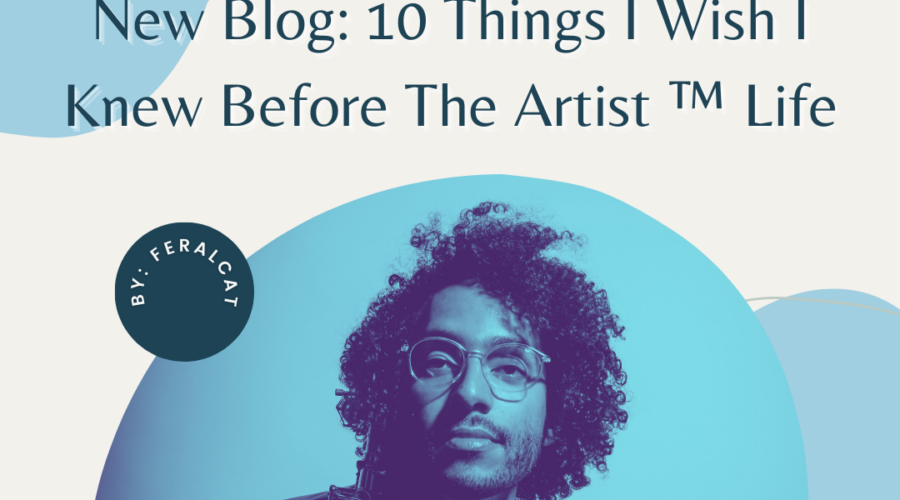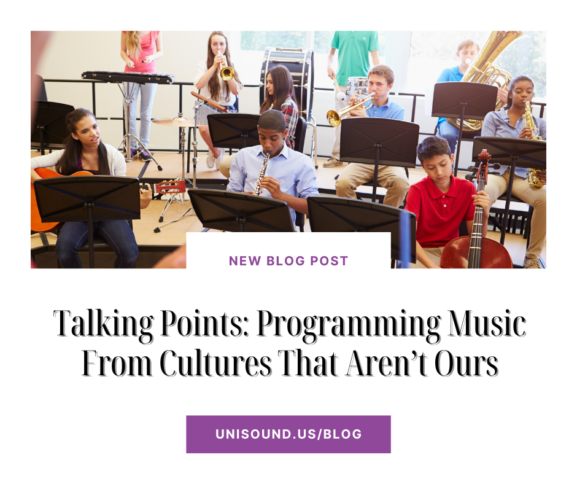10 Things I Wish I Knew Before The Artist ™️ Life
This listing is for people who have thought about a career shift or are undergoing a crisis of heart. These are things I wish I had considered before diving headfirst into the life of an artist:
- Networking is everything
If you don’t like to network, you’re in the majority. This is why your approach to networking is almost as important as the act itself. If you think about it as a chore, then it will become a chore. Most artists just think about it as “supporting your friends” or “supporting the scene”. That way, the energy is rerouted towards being an earnest, engaged member of the artistic community you wish to be a part of.
I rarely have the energy for social engagements, and as the years have gone by, I’ve lost my passion and drive to put myself out there. This apathy has negatively impacted my ability to get more artist work, so check in with yourself and find the patience you need to make lasting impressions. I’ve got plenty of gigs just being somewhere and awkwardly chatting with folks who were in need of my skill set. It definitely just happens that way, sometimes.
2. Get your records straight, friend
A lot of artist work is entrepreneurial by nature, which means you’ll need to keep good books. The better you keep your finances in check, the easier it is to plan when there’s an inevitable low career point. Use whatever methods are easiest for you, so long as you do your best to separate expenses related to art making vs. expenses related to living. For tax reasons, sure, but also for peace of mind. It’s tough work, and not very creative. You will likely hate it.
This year I’m creating an LLC for my creative work because it scales better than being self-employed for as long as I have been. Having an official business isn’t always necessary, though, so do some not-blog research into what makes sense via the kind of income you bring in.
3. Have a cushion!
This one is incredibly difficult depending on what financial background you come from. Plenty of people outside of artistic fields live paycheck to paycheck, but it’s doubly hard if you’re a gig worker to keep a consistent income. Especially hard if you never had means, to begin with, and you look to peers who were able to maneuver into their artist careers with a head start from mom and dad.
For folks who play music professionally like me, for example, there are “seasons” where you’re the busiest (i.e. Summer) and seasons where finding work is more difficult (i.e. Winter). I try to capitalize on the moments when I am busy – I think of it like hibernating. I store as much as I can to take me through the slow months, and use the extra free time to work on new creative projects!
4. Burnout is real
If you think you’ll never lose that spark just because you’re doing something you love/always wanted to do, you’re absolutely wrong. Even with your dream artist career, the likelihood of burnout is high. You often have to take on so many hats at once, and until you reach a critical mass point where you can hire help, you will feel overworked. The thing you loved can become something very different in your brain after giving it a go for a number of years. Especially if you haven’t found a means to stability within your medium.
5. Have a hobby that has NOTHING to do with your artistic career
Hobbies are amazing! You may feel the pressure to work work work yourself to the bone to make your artistic life work, but having something you do purely for fun is paramount. While you may love your life as a creative, you’re in danger of letting that creativity become inextricably linked with your self-worth. Having something that you love, that is not impacted by the judgment of others, is one of the best self-love tactics in the game.
I love tinkering with electronics and computers. I would never consider myself an IT professional, nor would I have an interest in being hired as one. I just like finding out the most I can get out of a machine or digital interface. I get sucked into it in similar ways to making music but don’t have to worry about whether my work is good enough to get my rent paid this month.
6. Kill your darlings
Make as much work as your heart and mind will allow. More importantly, let there be duds. Let there exist work that you create and share that you wish had gone better. Feel free to stop projects that aren’t really working out for you, but keep making! By making stuff (good or bad) consistently, you allow your creative muscles to reform and grow.
Don’t be precious with your creative work. A high bar/standard for yourself is great to a point, but if your standards are too high for yourself it can be paralyzing. I am constantly paralyzed by the standards I set for myself and find that side-tracking myself with a new project concept has helped to refuel my creative spark. If my last couple of projects isn’t doing it for me, then I pivot and see if the grass is greener through a new concept.
7. Learn new skills, always
To be an artist is to teach yourself how to grow. Growth as a human, first and foremost, but then growth as a collaborator, as a friend, and as a community member. Learning is an inevitable part of the journey. Let yourself be bad at something for an amount of time; learn to have grace in yourself and the journey you take.
So make it a point to learn something new, and to do that often. You don’t have to reinvent yourself, just enhance the things you already do. I learned what I know about production at first because I wanted to record more music on my own time and my own dime. It was a fairly big leap by comparison to learning an instrument, but I found that each new skill subset within production become easier to learn. I also had plenty of peers to fall back on for advice.
8. Have normie friends
Is normie derogatory? This is more of an aside from the networking idea detailed in item 1. Making connections in your field is great, but keep folks around who have nothing to do with your creative endeavors. Artist schedules can be chaotic, and you’ll want activities that allow you to engage with people who like you for who you are, rather than what you do. Not to say that artist friends won’t like who you are, but rather that the conversations can begin to feel like the artistic equivalent of water cooler talk. Meaningful relationships outside of work are important for everyone but are often overlooked when trying to build an artistic career.
I’ve found that I lost a lot of my capability to socialize in a “normal” capacity following the pandemic. If we’re not talking about video games, niche music styles, or computer tech, I tend to be disengaged. It really helps to come back and chat with old friends that I had before I began doing creative work, as well as friends who live adjacent lives to the arts. It broadens my perspective and brings my high horse down to earth.
9. Find a therapist sooner rather than later
In the world we live in today, everyone should have someone to talk to free of judgment. A means to declutter your brain and get through some of the emotional toils of the creative life. Cognitive behavioral therapy (CBT) may not be your ideal, but there are other means of getting the same benefits. Try not to inundate your friends with your problems, even the creative ones who would best understand. Everyone is going through their own strife, and it’s nice to be able to share that with someone. Healing, self-care, you name it. The mental health benefits will become almost immediately apparent.
I personally speak to a therapist every other week. I also journal plenty, with the intention of getting the word jungle in my head to make some sort of sense. It won’t look the same for you, but I find I can give myself more grace when I’m not holding the weight of my burdens on my shoulders at all times.
10. Find happiness
That looks like a ridiculous ask. How would anyone quantify this?
Truth is, I’m not sure I’m happy. I think constantly about what my life would have been like if I didn’t make certain decisions throughout my career and lifetime. Dwelling in this past and my mistakes, as opposed to reminiscing nostalgically.
Do I love music? Sure. Do I love being an artist? Sometimes. It all ebbs and flows. Sometimes I wonder if I wouldn’t have been happier keeping music as a hobby. This life I chose, with all of its ups and downs, is painful. Especially when I look at things that I would consider my shortcomings.
I don’t think you need to be sure when you dive into a creative, artistic career. I don’t think you necessarily need a backup plan, either. What you need are goals that keep you motivated, happy, and clear on why you started doing this, to begin with. Just being good at something doesn’t mean you should make it your career – think long and hard about your feelings toward this lifestyle. What it takes is different for everybody, and there’s considerable luck involved when it comes to financial stability and whatever you arbitrarily as “success”.
Ultimately, you’ll need to be at peace with where are, where you’ve been, and where you’d like to be. Fill in those blanks and if you truly love the work, keep going. Don’t be afraid to pivot; everyone does this in their careers at some point. If it means taking time off from art for your mental health, then by all means! If it means living at your parent’s house again to start over, if you have that choice and are okay with this, then do what needs to be done.
Anyway, this is by no means a comprehensive listicle. Just some things I thought about – I’m certain there are more ( I didn’t even touch self-promotion because I can’t speak to that very well.) Thanks for reading!







